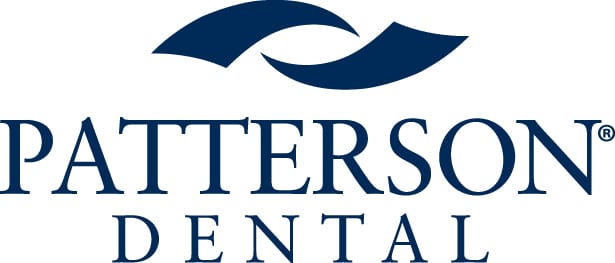By: Teresa DeNike
There is growing evidence in the scientific literature that oral health is linked to the well-being of the rest of the body.
A link has been found between poor sleep and periodontitis, with a shocking 36% increase in patients with chronic sleep loss; sleep apnea. Sleep apnea is a condition that dentists are qualified to treat with the use of oral appliance therapy.
It is also linked with bruxism, temporomandibular disorder, and Alzheimer’s; periodontitis may be linked with cardiovascular disease and diabetes, and a multitude of other connections exist.
In fact, 3 out of 4 doctors considered oral appliance therapy, administered by dentists, an appropriate alternative to CPAP as a sleep apnea treatment. Yet there are relatively few doctors referring to dentists for treatment of issues connected to oral health.
But why? And how can we start to build bridges?
Why Physicians Do Not Refer to Dentists: Interview Results
Trust
The majority of doctors we interviewed said the primary reason they didn’t refer patients to dentists was simply, trust.
It’s difficult to make connections with people outside your line of work and trusting someone enough to make a referral can take months or years of collaborative experience. Even though dentists are the most qualified professionals to administer certain treatments, it can be a challenge for a doctor to find someone trustworthy.
Changing this would require a shift in how dentists and doctors collaborate.
Of all the doctors we interviewed, all of those who work with dentists already said that communication through every step of the process was absolutely necessary.
Further, the onus is on the dentist when it comes to fostering collaboration. A lot of doctors may not think seriously about referring to dentists as an option because, in their mind, a dentist is rarely the most qualified person — maybe never, outside the specific problems of teeth and oral health. This isn’t true, of course.
Dentists are recommended to screen for sleep apnea and provide treatment by major medical bodies.
But dentists need to make doctors aware of that, not just by reaching out with this information and
discussing collaboration, but by backing up their role with consistently good work that a doctor
can trust.
Insurance
The other major hurdle for doctors aiming to refer patients to dentists is insurance. Oral appliance therapy is billed under medical insurance, not dental.
There are some horror stories about paperwork, denials, and a range of reimbursement rates, and it can be a nightmare for both the doctor and the dentist.
There are a few options.
You can hire a third-party medical biller to take care of the paperwork.
Or you could just set a flat rate and avoid dealing with insurance — keep it fair, but remember that this is a life-changing device and you have every right to price it appropriately. Also, make sure to take a deposit for the work since medical insurance can take a few weeks to process.
Whatever the reason, there’s a clear and unfortunate lack of referrals by medical doctors to dentists — and the impetus is on dentists to bridge that gap by communicating and raising awareness of their skills.
In Summary
However, there is some movement toward more positive partnerships. Dr. Keith Matheny, a sleep physician, told us that he has:
“A highly efficient, successful (and profitable) partnership with a Sleep Dentist.”
…within his own medical practice.
When doctors and dentists build bridges, the results are great for both parties — so consider reaching out to a local doctor!
Photo by Cedric Fauntleroy


